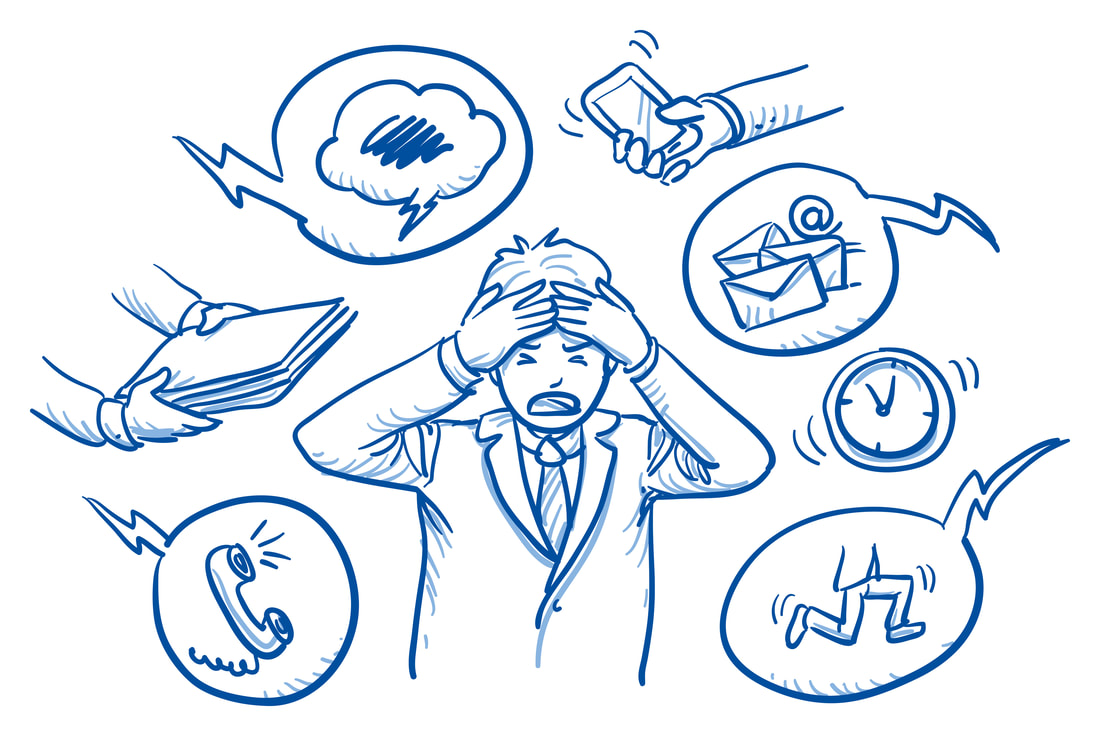|
I just finished a book about forgiveness. It is one of the “go-to” books in mental health therapy for helping people through the process of forgiveness.
Forgiveness Is a Choice: A Step-by-Step Process for Resolving Anger and Restoring Hope. Dr. Robert D. Enright https://a.co/d/bo5ixrx There are a few takeaways I believe can be helpful in our everyday work lives. Your teammates and colleagues will hurt you, intentionally and unintentionally. Clients will abuse you and take you for granted. Supervisors will ignore you or may belittle you. We need to know what forgiveness is and how to exercise it.
0 Comments
Have you ever found yourself in a situation where you needed to give constructive feedback to a co-worker, client, or business associate, but felt hesitant because you were concerned about how they would receive it? If so, I have a communication game that may be helpful to you: "Green Light, Red Light, Green Light."
Think back to your childhood and the game of "Red Light, Green Light." In this game, one person is designated as the traffic light and the other players must stop or go based on the traffic light's commands. Now imagine a communication game based on this concept that can help you navigate difficult conversations with others. Here's how it works: Let's say you have a co-worker who has a habit of interrupting others, which has started to frustrate clients in meetings. You know you need to address this issue, but you're concerned about how your co-worker will receive the criticism. This is where "Green Light, Red Light, Green Light" comes in handy. Green Light: Begin the conversation with something positive and encouraging about your co-worker. It could be something specific like, "I've noticed you've been coming up with some great solutions for our clients recently. I really admire your hard work and dedication." Red Light: Next, provide the criticism in a direct and kind manner. Let your co-worker know that you've observed them interrupting clients during meetings and that it's causing frustration. Be brief and to the point. Green Light: End the conversation on a positive note, again providing specific feedback. For example, "I hope you find my feedback helpful. You are a great problem-solver and a valuable asset to our team." Using "Green Light, Red Light, Green Light" allows you to give constructive feedback in a way that is more likely to be heard and received well. Nobody likes having difficult conversations, but when done with kindness and encouragement, they can be appreciated and even beneficial. Give it a try and see how it works for you! You are on your way to a conference to enjoy a few days of networking and training. You are excited to be away from the office for a few days to soak in new ideas and find inspiration to keep doing your job. You get checked into the hotel and start making some new friends.
Your cell phone buzzes. You ignore it. It dings and buzzes again. You keep trying to ignore it. Finally, you take a moment to check your phone and discover an email notification of an RFP your boss wants you to look at. You see a text from your boss asking if you got her email. As you open the email you get a phone call. It's your boss wondering why you haven't answered your email or text. You explain that you were just reading the email when she called. She frantically explains the proposal is due in 5 days. We have to respond to this. Can you work on it at your conference? You are deflated. You realize every spare moment you have will be spent putting together a rushed proposal. No networking. No extra time discussing marketing issues with colleagues. No downtime to just enjoy being out of the office. Why can't I say, "No?" Many A/E/C marketers ask themselves this question regularly. We get unreasonable requests that ignore who we are and what we were hired to do. So why can't we say "No" when it would be perfectly appropriate to say "No?" There are several reasons why most A/E/C marketers cannot say, "No."
Back to the opening scenario. The boss says you have 5 days to respond to the urgent RFP. Rather than shriveling up into a ball of nerves and anger, resentfully saying, "yes," you can do the following.
Learn how to say, "No!" Saying "No" effectively means a lot of groundwork has been laid before having to say, "No." At the end of the day, it is your responsibility, A/E/C marketer, to lead your company in marketing excellence. |
AuthorGabe Lett, FSMPS, CPSM, LPC Archives
May 2024
Categories
All
The views and opinions expressed on this blog do not necessarily represent the views or opinions of Prairie Engineers.
|




 RSS Feed
RSS Feed